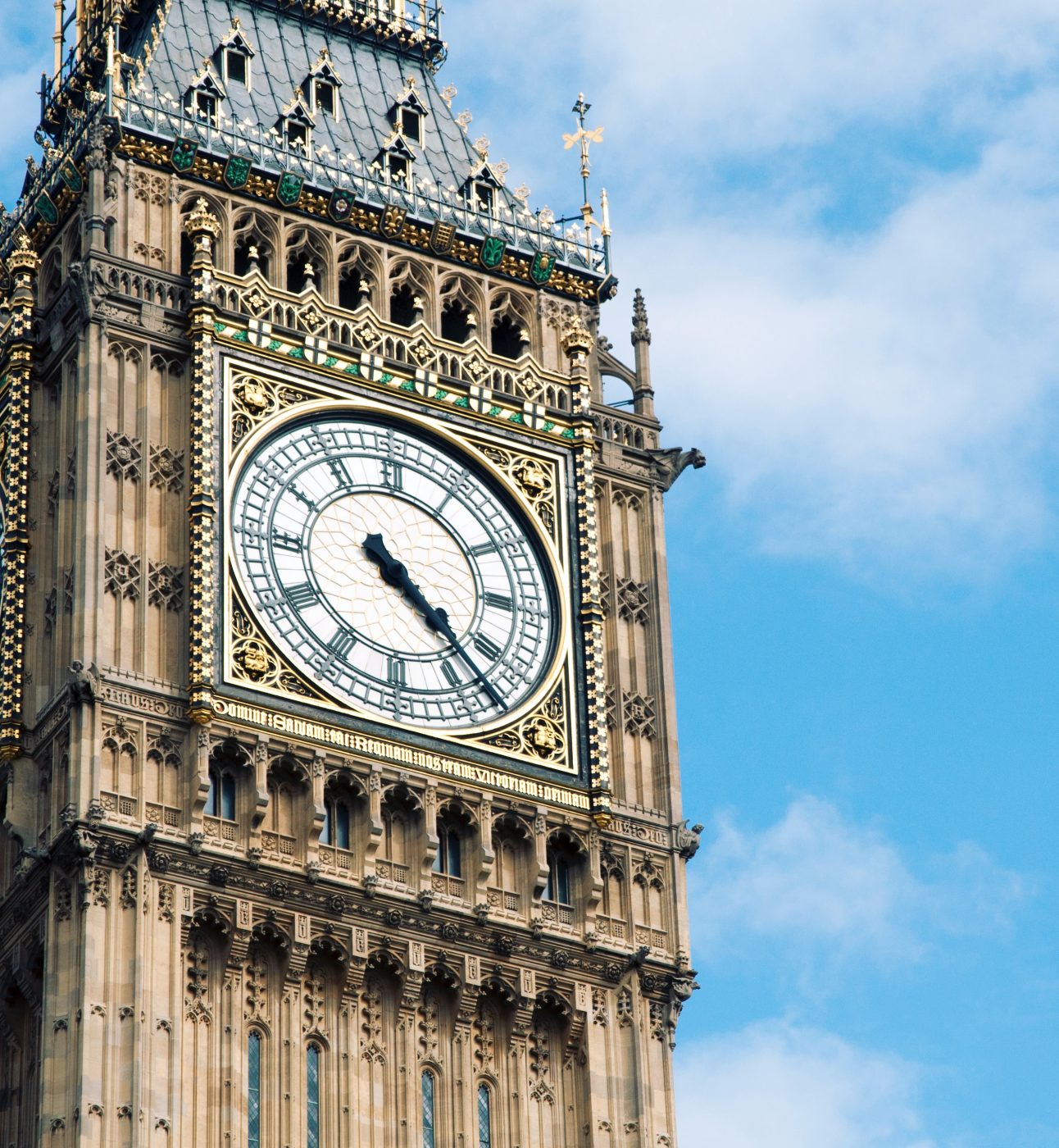
Research library
In this library you will find our latest research, publications and policy analyses.
Welcome to our brand new website, providing you with easier access to our training, research and resources!







Sign up to receive our monthly newsletters about the latest training, events, research and fundraising initiatives at SafeLives. Together, we can end domestic abuse, for everyone, for good.